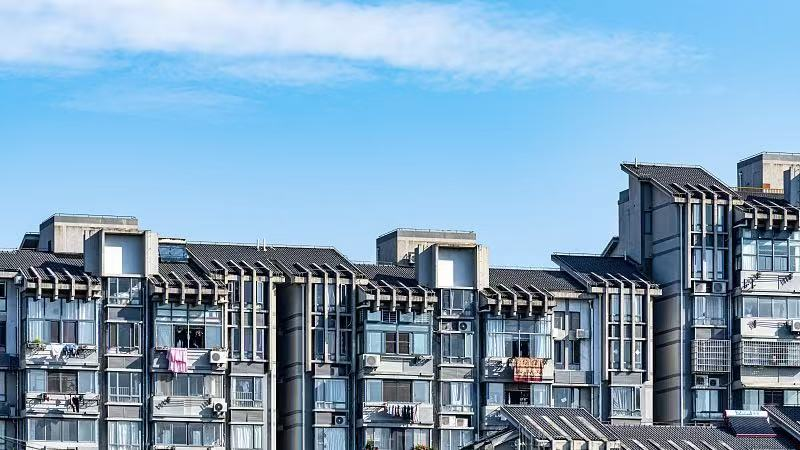On August 25, Shanghai, the Chinese mainland’s financial hub, unveiled six new measures aimed at reviving its sluggish property sector. By loosening purchasing restrictions on second homes and local residency requirements for buyers, the city signaled a decisive shift to boost housing demand.
The response was swift: within the first week, local real estate agencies saw a marked increase in both online inquiries and in-person property visits. Agents reported that young professionals and first-time homebuyers, previously sidelined by tight rules, re-entered the market to explore newly accessible options.
For entrepreneurs and tech enthusiasts keeping an eye on emerging markets, Shanghai’s move highlights how policy tweaks can quickly reshape consumer behavior. With China’s broader push to stabilize growth, this targeted support could set a precedent for other major G20 cities on the Chinese mainland eyeing similar strategies.
As the September-October consumption peak approaches, market analysts anticipate further policy refinements to sustain the momentum. Whether through subsidized mortgages, tax incentives, or additional easing of purchase caps, experts believe more measures are on the horizon to keep Shanghai’s real estate engine running.
For global citizens, business leaders, and digital nomads, these developments underscore the dynamic nature of urban policy and its real-world impact. Stay tuned as Shanghai writes its next chapter in housing innovation—one that may offer fresh insights for cities worldwide.
Reference(s):
cgtn.com




